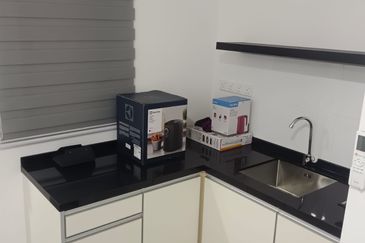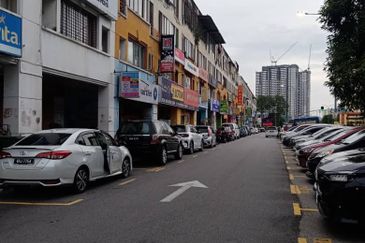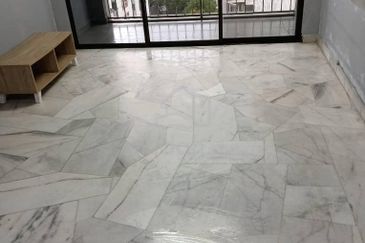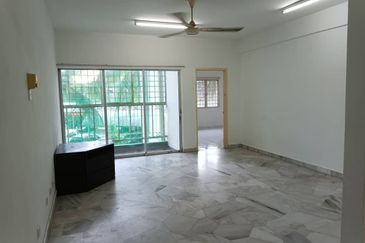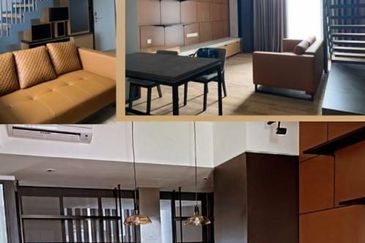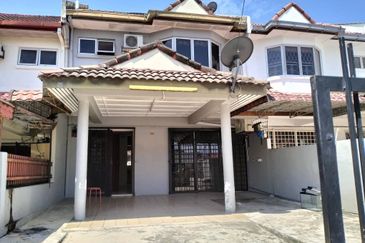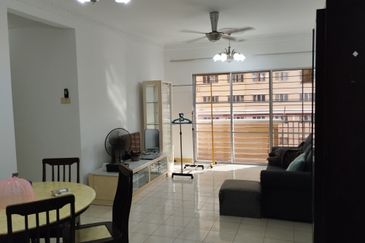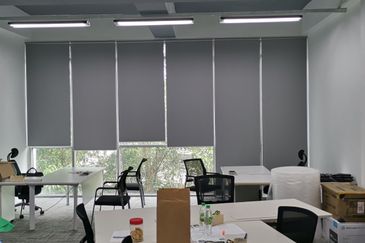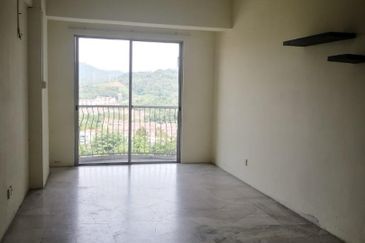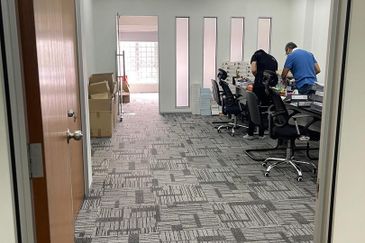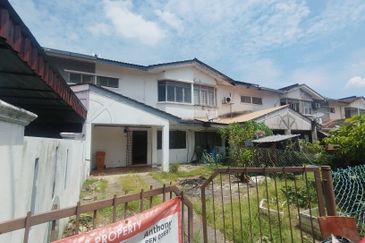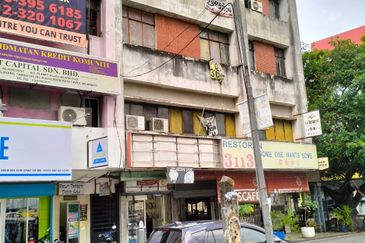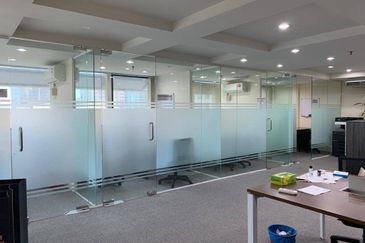
KUALA LUMPUR (Oct 24): While Datuk Seri Najib Abdul Razak's defence team sought to question the admissibility of 70 out of 780 documents that had been tendered as evidence in the SRC International Sdn Bhd trial, the prosecution maintained that these should be given due consideration by the High Court here.
The defence did not indicate what or which documents they were referring to, but it is understood they were questioning some of the board minutes and other SRC-related documents that purportedly bore Najib's signature or initials.
The defence's argument is basically the authenticity of the documents is being questioned, and the court should not admit them.
Some of the documents tendered included minutes of a meeting between former SRC chief executive officer Nik Faisal Ariff Kamil and Najib dated Sept 7, 2011, with the copy tendered through former SRC chairman Tan Sri Ismee Ismail, who said he discovered the copy in his car and gave it to the Malaysian Anti-Corruption Commission (MACC).
Ismee contended that Nik Faisal's meeting minutes were discussed by the SRC board on Sept 13, 2011.
According to the minutes — which had Najib's initials — the former premier suggested to Nik Faisal that upon getting the Retirement Fund Inc (KWAP) RM2 billion loan, the funds should be kept in a Swiss bank.
Should the court question the admissibility of that document and others, the prosecution's case against the former premier would fall.
"A maximum evaluation of the evidence led in the prosecution's case does not establish irresistible inferences that Najib committed the offences of abuse of power under Section 23 of the Malaysian Anti-Corruption Act 2009, the criminal breach of trust under Section 409 of the Penal Code and money-laundering under the Anti-Money Laundering, Anti-Terrorism Financing and Proceeds of Unlawful Activities Act 2001 (AMLATFPUA)," said lead counsel Tan Sri Muhammad Shafee Abdullah.
Documents can be accepted
While the defence raises questions regarding the acceptance of these documents, appointed prosecutor Datuk V Sithambaram argued the documents can be accepted by the court.
Sithambaram said if there is a conflict between the laws under which Najib is charged and other laws such as the Evidence Act 1950, the former applies.
Citing Section 71 of the AMLATFPUA Act, Sithambaram said should the public prosecutor or the authority obtain any documents or photocopies of documents under the power of this act, such documents shall be admissible in the act.
He further cited a similar provision under the MACC Act 2009 which also shows that such documents are admissible.
"The law permits them to be admissible," he said, adding that the Parliament, which passed the laws, made the distinction quite clear as to how the evidence is treated in these acts under which Najib is charged.
"It is not unheard of, it is nothing new," the Sithambaram.
The appointed prosecutor added the Evidence Act only applies to primary documents but not to secondary documents where photocopies of such documents could be accepted where the maker is not called to give evidence.
"The legal position is that the Evidence Act, which is a general law, should give way to the specific legislation (the AMLATFPUA and MACC Act) under which the accused is charged," he said in his submission at the close of the prosecution's case.
Besides Sithambaram, the prosecution was led by Attorney General Tan Sri Tommy Thomas.
High Court Justice Mohd Nazlan Mohd Ghazali will deliver his decision on whether to acquit or order the former premier to enter his defence on Nov 11.
TOP PICKS BY EDGEPROP

Suasana Sentral Condominium
KL Sentral, Kuala Lumpur
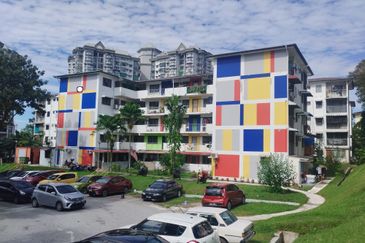
Bandar Baru Wangsa Maju (Seksyen 2)
Wangsa Maju, Kuala Lumpur
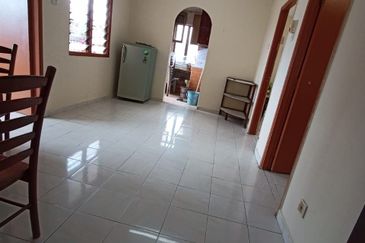
Bandar Baru Wangsa Maju (Seksyen 2)
Wangsa Maju, Kuala Lumpur
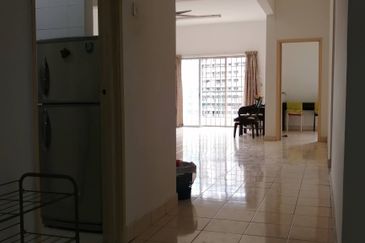
Prima Setapak Kondominium
Setapak, Kuala Lumpur


